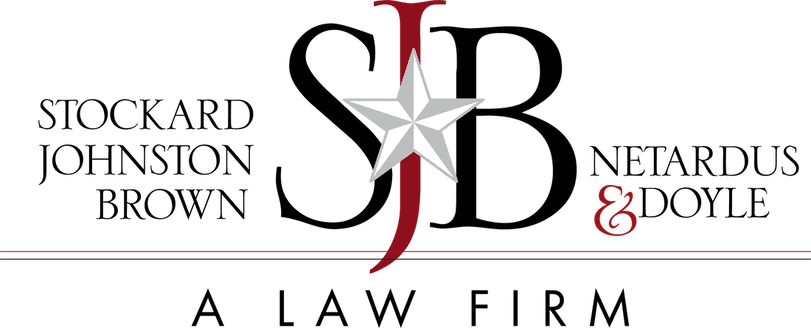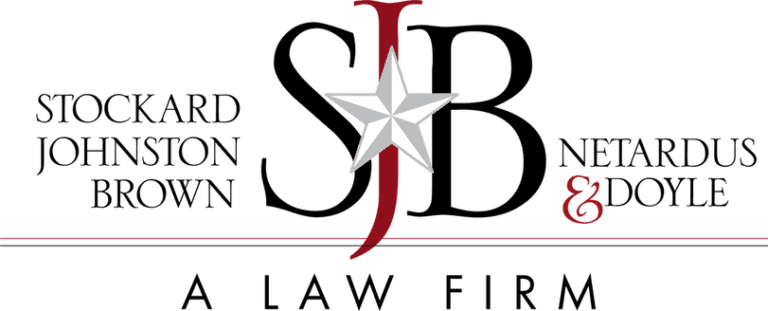Often times “bad faith” and “fraud” are confusing terms when discussing the insurance world. While both acts involve deception and result in financial gain for one party, there are specifics that set each item apart.
What Constitutes Insurance Fraud?
Insurance fraud is an act committed to intentionally gain a fraudulent outcome from an insurance process. This can be done by a claimant to gain benefits that they are not entitled to or by an insurer to deny a legitimate claim. Some of the most common types of insurance fraud include:
- Fee Churning – This practice involves an insurance representative who advises someone to renew, open, or cancel a policy with the intent to draw more commission and not for the benefit of the customer.
- Premium Diversion – This type of fraud involves the insurance rep embezzling the premiums or unlicensed agents selling policies, taking the money, and not paying out claims.
- Worker’s Compensation Fraud – This can include an employee faking or intentionally causing an injury to get compensation and medical benefits. Or, it can be an employer using worker’s compensation insurance premiums for another purpose.
What Does It Mean To Act In Bad Faith?
Acting in bad faith is often a legal term in a tort case that accuses an insurance company of intentionally misleading or not fulfilling a contractual obligation.
First Party Claim
A first party claim typically involves a situation where an insured customer files a claim. The insurance company then accesses the damage, approves or denies the claim, and makes the payout if necessary. Insurance companies can be found acting in bad faith for:
- Denying a claim that is valid
- Undervaluing the amount of the claim
- Ignoring the claim
Third Party Claim
A third party claim involves liability insurance. With liability insurance, the insurance company is expected to defend the policyholder against a lawsuit. On third party claims, the insurance company can be found to have acted in bad faith by:
- Delaying claims handling
- Refusal to properly defend the client
- Inadequate investigation
- Refusal to make an appropriate settlement
- Making unreasonable policy interpretations
As mentioned above, the primary differences between insurance fraud and acting in bad faith is that fraud often involves an individual on either side who is committing fraud for a personal gain, while acting in bad faith can be an ongoing failure for a company to fulfill their duties. Additionally, in cases of bad faith, the insured may be entitled to financial compensation.
If you have been the victim of an insurance company who has acted in bad faith, contact the experienced lawyers at Stockard, Johnston, Brown, Netardus & Doyle, P.C. today to get the settlement you deserve.

